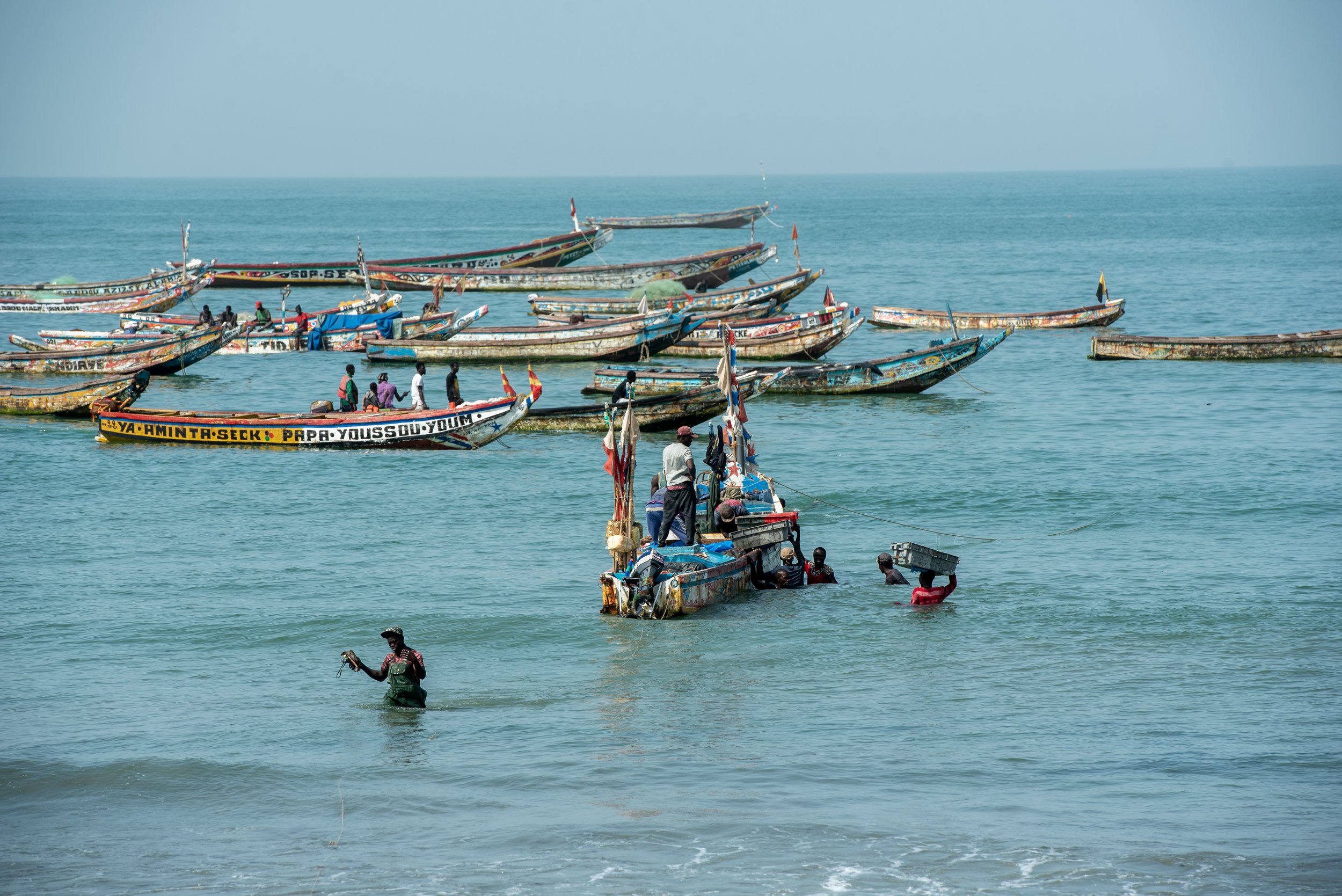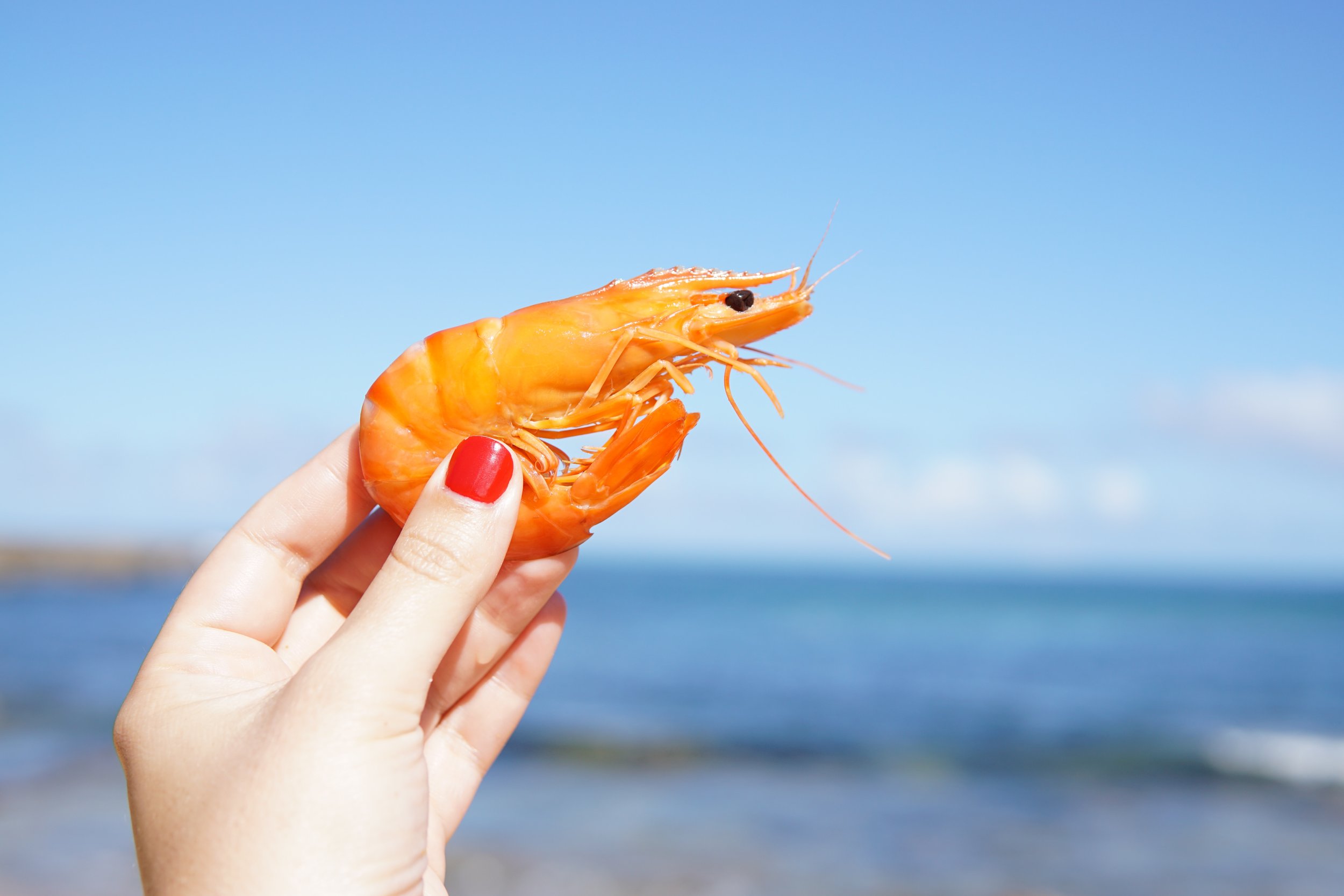On 25th May, the Long Distance Advisory Council (LDAC) unanimously adopted an advice to the European Commission calling for a “Level Playing Field for EU and non-EU fish products.” The aim of the document is to “highlight areas and factors affecting the level playing field (LPF) for EU external fishing operations with reference to the implementation of the United Nations Sustainable Development Goals (SDGs) and key EU policies.”
This advisory body composed of EU long-distance fisheries value chain stakeholders and NGOs, insists that an uneven level playing field affects them negatively as their competitiveness is “undermined by players not subjected to or sharing equivalent high environmental, social or labour standards.”
“Level playing field is a concept describing the situation where each and every one of the participants in a specific activity has the same opportunities to be successful. In the world of international trade, the level playing field is based on the concept of fairness, in the sense that economic actors have to operate subject to the same rules…”
The advice is a contribution to the ongoing revision of the Common Fisheries Policy (CFP) and in this regard, it identifies several areas for improvement in the external dimension of the CFP, including on the implementation of international instruments related to fisheries governance, on trade and on social aspects, including labour rights.
1. Sustainable Fisheries Partnership Agreements
The LDAC considers that Sustainable Fisheries Partnership Agreements are so far the best tool to ensure sustainable fishing by the EU in third countries waters.
Nevertheless, the advice identifies three areas for improvement:
A better implementation of the non-discrimination clause, which seeks to ensure equal conditions of access (like fishing zones) between EU fleets and other foreign fleets fishing in the SFPA partner waters;
Systematise and better implement the transparency clause, providing for publication of information with regards to other private and public fishing agreements with non-EU countries, so as to be able to assess the level of exploitation of stocks in the waters of the coastal country and;
An improved policy coherence for development between all relevant EU policies, such as the fisheries policy, EU trade agreements and development and cooperation policies.
2. The Sustainable Management of External Fishing Fleets (SMEFF) regulation
Since not all vessels operate under the auspices of an SFPA, the regulation 2017/2403 was adopted to ensure an effective monitoring of all EU vessels that operate outside EU waters regardless of the framework in which they operate. The SMEFF regulation helps establish a level playing field between Member States’ fleets as it demands that all EU vessels fishing provide accurate and complete information regarding their operations’ sustainability and legality before their Member State can issue them with an authorization to fish in third countries waters (art. 17) [see note 1 below]. The SMEFF also requires the Commission to keep a partly public database with all the authorizations (art. 39).
However, as the LDAC underpins, the implementation is still deficient, and calls the Commission to be more proactive in taking action against “Member States who fail to provide information in a timely and accurate fashion” and to deliver a “user-friendly” public database “without further undue delay.”
a. Other DWF nations and national companies with foreign capital
The advice expresses concerns regarding other non-EU Distant Water Fleets, which are not subjected to the same standards of sustainability and transparency: the EU should “step up its engagement with other major DWF nations aiming at equivalent standards” and encourage coastal countries to strengthen their sustainability and transparency requirements and publish the access agreements and list of vessels authorized to fish in their waters, in the spirit of the non-discrimination clause.
For the last ten years, African artisanal fisheries organisations have been calling their governments for more transparency on national fisheries companies with foreign capital.
The LDAC also calls on the EU to open up a dialogue with African countries to develop a legal framework which ensures these national companies with foreign capital “operate transparently, do not compete with artisanal fishing and contribute to the development objectives of the country.” This echoes the demands of African local and regional fisheries professional organisations, who have been highlighting the impacts of these foreign-owned fishing companies on coastal communities for the last ten years, and calling for the creation of a transparent and sustainable framework for their activities.
b. EU ultimate beneficial owners
The advice also denounces the case of front national companies in third countries whose ultimate beneficial owners are European nationals, operating in waters of countries that have been yellow-carded by the EU. These vessels benefit from weak legal frameworks to often carry out activities that are not sustainable, or even illegal.
CFFA lately criticised the case of Cameroun, a yellow-carded country, which recently reflagged more than a dozen ex-USSR fishing vessels that are owned or managed by companies based in EU member states: Belgium, Malta, Latvia, and Cyprus. Several of these vessels have a history of illegal fishing in West Africa. At a recent conference on the external dimension of the CFP, Beatrice Gorez, CFFA coordinator asked that the Commission “should not be strong with the weak (giving an IUU yellow card to LDC countries like Sierra Leone, Liberia, Cameroon) and weak with the strong (letting EU beneficial owners profiting from illegal activities).”
In this context, the advice recommends the EU to “facilitate public access to beneficial ownership information (limited to the name, country of residence and nationality of the beneficial owners, as well as the nature and extent of the beneficial interest held) when there is an overriding public interest in disclosure of this information in case of documented involvement in IUU fishing operations, corruption or money laundering.”
3. Trade
a. The Generalised Scheme of Preferences
The GSP contributes to the promotion of sustainable development, but the LDAC insists it should also translate into an external level playing field, ensuring that imported seafood products are meeting “the same standards that EU fisheries products”. As EU stakeholders underscore, some of these countries have not ratified many of the international conventions and agreements related to IUU, or labour standards on board of vessels, for example. The Commission should include a list of nine relevant international legal instruments [see note 2 below] that GSP+ beneficiary countries should be required to ratify and effectively implement.
Additionally, in case a beneficiary country is violating core human or labour rights or other principles from international conventions regarding the protection of the environment, the Commission should “engage, immediately, with the country to swiftly remedy the situation.”
b. Towards ensuring social and environmental standards for imports
The LDAC recalls that the Farm to Fork strategy (F2F) “ignores almost completely seafood production.” However, several of the strategy’s commitments would be “invaluable for promoting sustainable fisheries through trade”. For this, it calls for more attention to fisheries value chains in third countries, ensuring sustainable social and environmental standards.
The EU recently announced the intention of drafting a legislation to prevent imports associated with human rights violations. The advice highlights two cases of violations related to seafood imports: the production of fishmeal and fish oil from West Africa which threatens the right to food of the populations; and the “violations of labour rights by some third countries fishing fleets, aquaculture production and processing plants that supply fish products for the EU market”. The LDAC asks that the new legislation takes full consideration of human rights violations related to EU seafood imports.
This advice is a welcome step as it not only reflects the common interests of the different and diverse stakeholders of LDAC, including the EU distant water fleet sector, worker union and environmental and development NGOs, but also the opinions of African artisanal fishing communities, as it seeks to promote sustainable social and environmental conditions in third countries.
NOTES
[1] When there is no Sustainable Fisheries Partnership Agreement (SFPA) signed with the country, article 17.1.c. of the SMEFF regulation states that the operator has to provide a (1) copy of or an exact reference to the applicable fisheries legislation as provided to the operator by the third country with sovereignty or jurisdiction over the waters where the activities take place, a (2) scientific evaluation demonstrating the sustainability of the planned fishing operations, including consistency with the provisions of Article 62 of UNCLOS, as applicable, and (3) a designated official, public bak account number for the payment of all the fees.
[2] The nine legal instruments to be included on the list for GSP+ countries: United Nations Convention on the Law of the Sea (UNCLOS); United Nations Fish Stock Agreement (UNFSA); FAO Compliance Agreement (CA); FAO Agreement on Port State Measures (PSMA); United Nations Convention against Transnational Organized Crime and the Protocols Thereto (UNTOC); ILO Work in Fishing Convention No.188 (ILO C188); International Convention on Standards of Training, Certification and Watchkeeping for Fishing Vessel Personnel, 1995 (STCW-F 1995); Cape Town Agreement on the Implementation of the Provisions of the 1993 Protocol relating to the Torremolinos International Convention for the Safety of Fishing Vessels; and Paris Agreement.
[3] Banner photo: the Guilvinec Harbour in Brittany, France, by Thomas Millot.











The Sustainable Fisheries Partnership Agreement (SFPA) between the EU and Mauritania is an opportunity to implement the “new generation” of agreements announced by the Commission, which should focus on the equitable sharing of benefits, local development, and the well-being of coastal communities that depend on fishing.